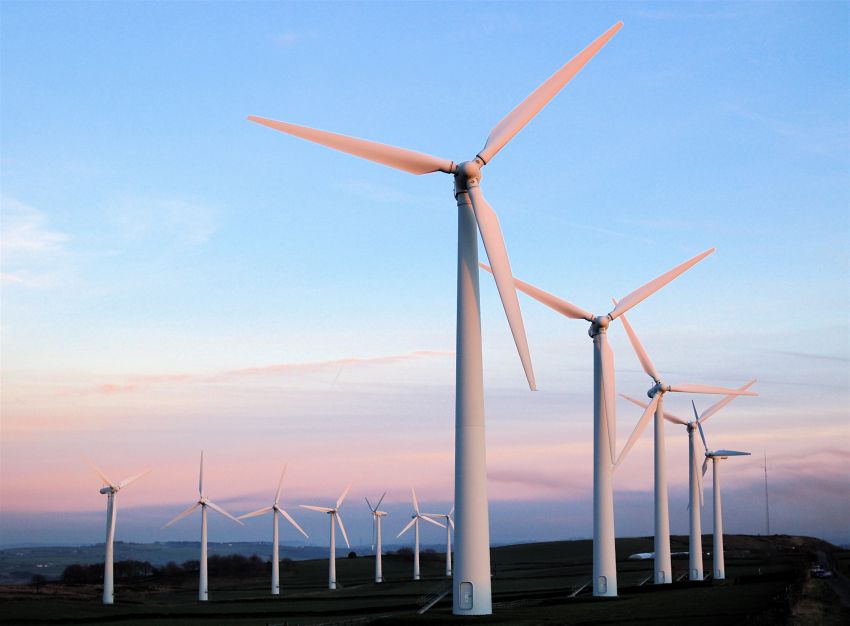
“Now is the winter of our discontent” — the opening line of a famous soliloquy in William Shakespeare’s play, Richard III — actually points to a celebration of impending change for the better as a “glorious summer” approaches.
In an age imperiled by climate crisis and war, can we dream that change for the better is a real prospect? And that humanity can forge a new way of living based on ecological sustainability, peace and social cooperation?
I thought about this while on a brief mid-winter holiday in a small cabin by the sea.
It wasn’t the calming effect of the waves or the delicious warmth of sunny days that gave us a short break from a long stretch of rain. It was the well-sealed cabin we stayed in. Despite cold temperatures, we never used any heating. A north-facing aspect, windows that captured the sun and good insulation were enough to keep us snug.
It reminded me of an important fact in a 2020 research paper by energy think tank Beyond Zero Emissions: homes in Australia could be given a deep energy refit for an average cost of $25,000 per house.
This would make these homes comfortable and low-energy consuming. Solar power could easily supply all home energy needs in Australia.
Many retrofitted buildings would produce more electricity than they need — as some already do — and this could feed back into the grid or community energy banks.
A program of building energy efficient homes would produce even greener homes than retrofitting.
This would address rising living costs and create thousands of jobs.
Australia is about to waste up to $170 billion on nuclear-powered submarines in the AUKUS deal and blow another $184 billion on “Stage 3” tax cuts for the rich.
These measures will directly harm the environment and could be spent building greener homes and addressing other urgent social needs.
Decades of tax cuts for the rich and corporate subsidies have only increased the death grip of fossil fuel corporations and arms industries on Coalition and Labor governments.
Globally, about US$2 trillion — more than half from North Atlantic Treaty Organization countries — is wasted on military spending each year. The United States’ second war on Iraq cost about US$3 trillion — enough to fund the renewable power generation needed between now and 2030 to reverse global warming trends, according to Belgian anti-war activist Ria Verjauw.
But doesn’t this just point to what could be done and not its likelihood?
First, rapid advances in green technologies have made renewable energy cheaper than coal, oil and gas — history shows that no social system has been able to hold back such a tide indefinitely.
Second, even as the drums of war get louder, an ongoing opinion poll by Essential Research found that a majority still say “Australia should remain neutral” in the event of a war between the US and China. Australians aged 18–29 remain even more decisively in support of neutrality.
Green Left stands up to the propaganda of the fossil fuel companies and arms industries.
If you dare to imagine a glorious summer can follow the winter of our discontent, then please become a Green Left supporter or donate to the Fighting Fund.